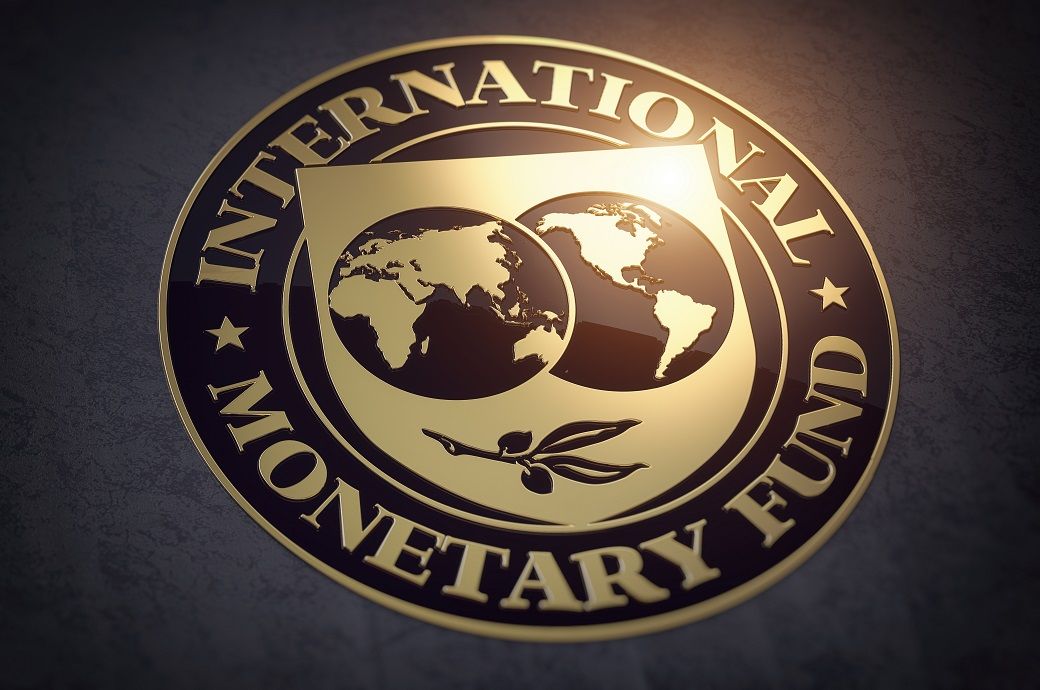

Peter Breuer, IMF senior mission chief, announced this development during a media briefing at the Central Bank recently. This agreement, achieved after constructive dialogues in Colombo, highlights the commitment to economic reform and stability.
Upon approval by the IMF management and subsequent completion by the IMF Executive Board, Sri Lanka will gain access to SDR 254 million (about US$337 million) in financing, further fortifying the nation’s economic resilience.
The IMF noted in a statement that significant progress has been observed in key reforms of macroeconomic policies, with initial indicators of growth and positive outcomes in areas like disinflation and reserve accumulation.
However, sustaining this momentum and addressing governance deficiencies and corruption risks remain crucial for fostering enduring recovery and ensuring stable and inclusive growth.
The completion of the review by the IMF’s Executive Board relies on the implementation of prior actions by authorities and the successful completion of financing assurances review, including confirming contributions from multilateral partners and making adequate progress with debt restructuring.
Peter Breuer and Katsiaryna Svirydzenka, IMF deputy mission chief, commended Sri Lanka’s progress under the EFF, emphasising the importance of maintaining the reform momentum to tackle challenges and enhance economic resilience.
During their visit, the IMF mission team engaged with various stakeholders, including government officials, parliamentarians, private sector representatives, and civil society organisations, demonstrating a collaborative approach to economic revitalisation.
Interactions with President and finance minister Ranil Wickremesinghe, Central Bank governor Dr. P. Nandalal Weerasinghe, and other key figures underscored the shared commitment to advancing economic reforms and sustainable development.
Additionally, the team visited Nuwara Eliya, interacting with tea plantation workers to understand the challenges faced by vulnerable communities. Efforts to strengthen social safety nets, such as ‘Aswesuma,’ were highlighted as crucial for safeguarding the welfare of the poor and vulnerable segments of the society.
Fibre2Fashion News Desk (DR)